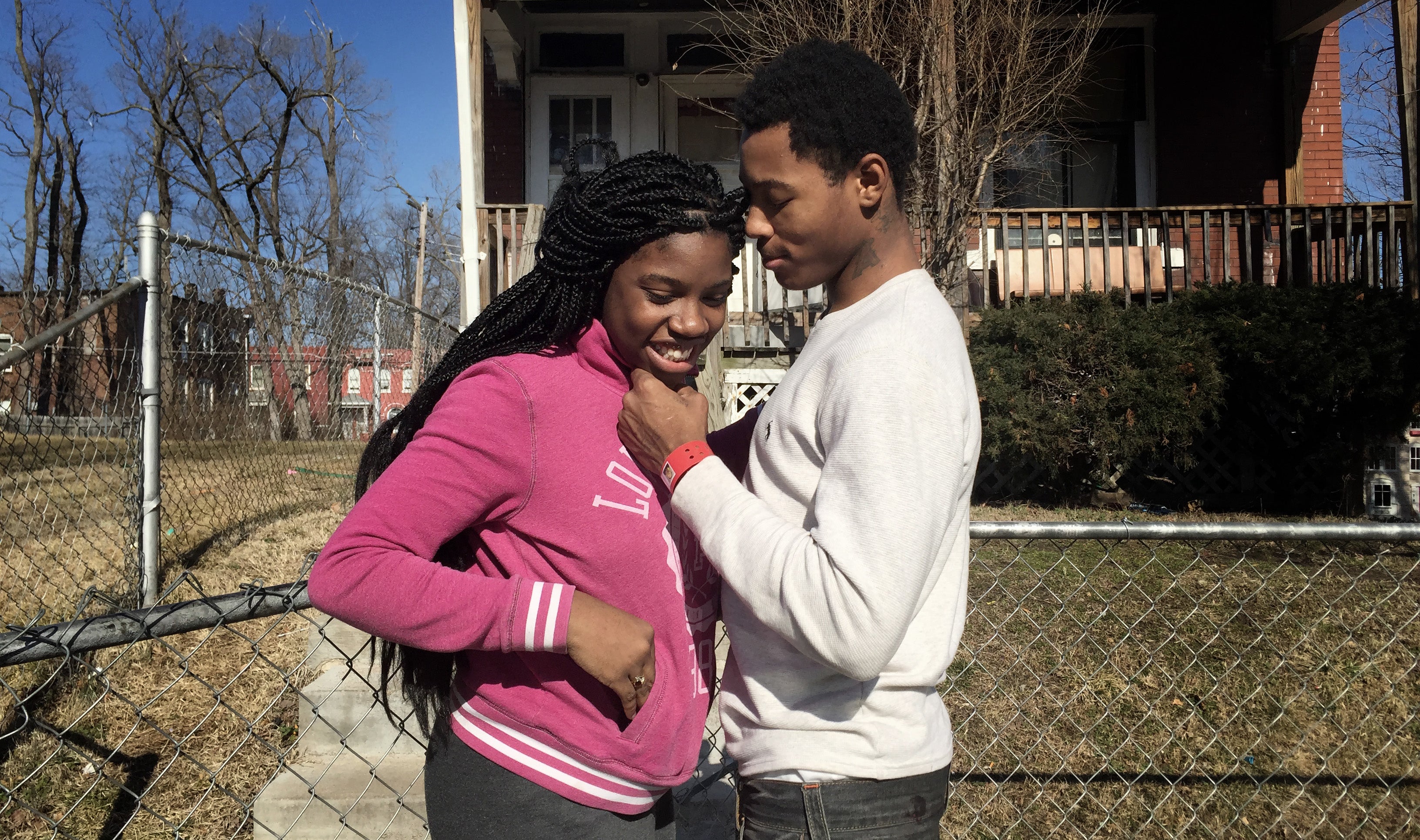
The first time I saw the trailer for For Ahkeem I wasn’t immediately hooked. Documentaries about marginalized communities can be tricky to navigate, sometimes leaving viewers feeling implicit in the exploitation of the film’s subject.
So, when I screened the film during 2017’s Tribeca Festival, I braced myself for what I might see.
For Ahkeem follows 17-year-old Daje, known to friends and family as Boonie. Daje lives in a tough community in St. Louis, Missouri, she’s been kicked out of her school after getting into a number of fights and is forced to attend an alternative high school in order to graduate. Her only goal is to graduate high school, something her mother never did and her love interest, Antonio, has failed to do.
It’s a story many have heard before. The cycle of poverty, the lack of resources and opportunity, and generations doomed to repeat the mistakes of their mothers and fathers.
The only thing separating Daje is that her story, this documentary, is presented during a time when race, systemic injustice, and the portrayal of Black men, women, and children in the media is dominating national conversation.
We follow Daje as she struggles to find her footing in her new school, guided by teachers who know the situation their students are in because a few have been there themselves. The odds are stacked against Daje and she’s well aware of it. She talks about the loss of friends and family to gun violence, she watches the news of Mike Brown’s death at the hands of police, and she prepares for adulthood by preparing for the impending birth of her son.
Viewers can get lost in the documentary, but one thing that will never leave your mind is the fact that Daje and kids like her, many of them Black, have to come to terms with how unfair things are at a very young age.
There’s a moment in the documentary, when one of Daje’s teachers says to her, “Just because you’re in an undesirable place doesn’t mean you have to act like it.” That’s a big ask for a child, to get used to being in the situation their in, but in marginalized communities across the country it is often demanded. Kids realize quickly that this is the situation they’re in and the world demands that they adjust to it. Daje knows her reality and she’s fighting against it.
The documentary ends on a somewhat triumphant note, but there’s no doubt from viewers or from Daje that the road ahead is going to be just as hard.
I left the screening feeling that directors Landon Van Soest and Jeremy Levine presented Daje’s story in an honest and very real way.
And, while For Ahkeem doesn’t tell us anything new about the struggles of growing up in an impoverished neighborhood, the coming-of-age documentary is a poignant story.